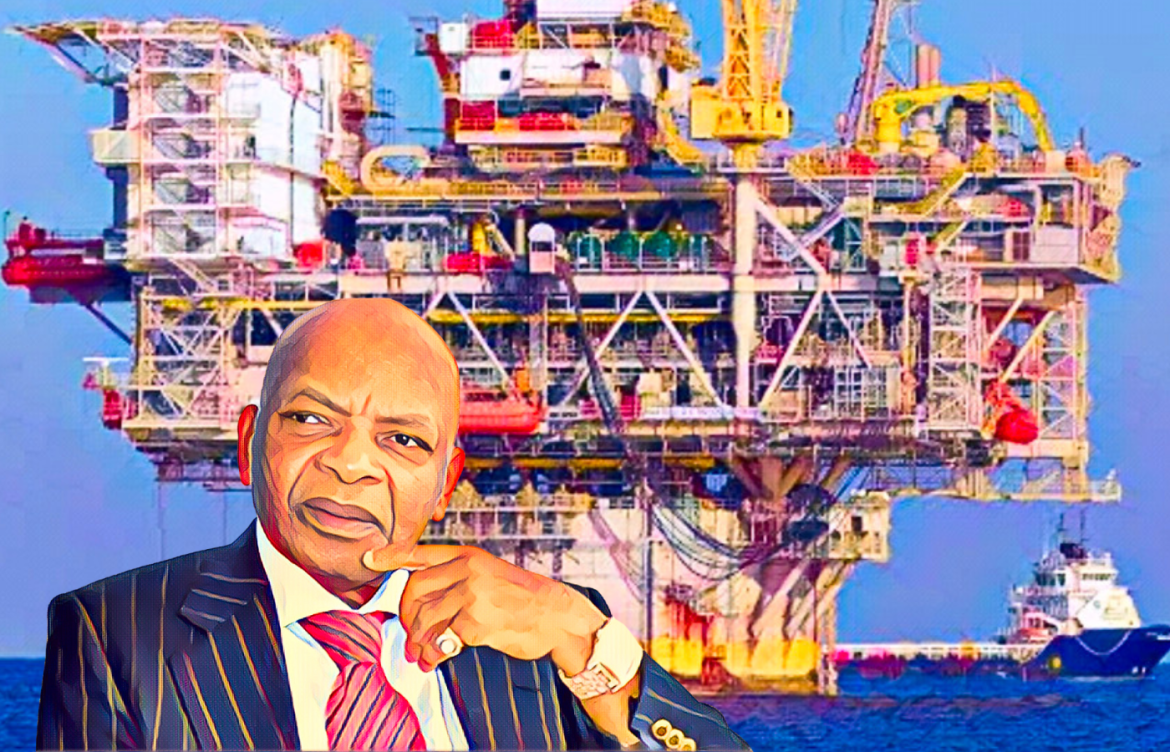KEY POINTS
- Arthur Eze built Africa’s largest private oil acreage.
- His firm Atlas Oranto holds 20+ licences across Africa.
- Governments now challenge slow development of oil blocks.
On a humid evening in Abuja, Nigeria’s old power elite gathered to honour former military ruler Ibrahim Babangida. When it was Arthur Eze’s turn to speak, the billionaire prince from Anambra pledged ₦500 million and thanked the former president in a single, loaded line: “Babangida has no enemy. He made all of us.”
That one sentence captured his career. Over four decades, Eze turned royal privilege, state contracts, and presidential friendships into what is likely Africa’s largest privately held oil acreage portfolio. His companies — Atlas Petroleum and Oranto Petroleum — now span more than 20 licences across at least 10 countries, from Nigeria and Equatorial Guinea to Liberia and Uganda.
Political access and the making of Atlas Oranto
Born in Ukpo, Anambra State, in 1948, Arthur Eze trained as an engineer in California before returning home in the early 1980s. His break came through state broadcasting contracts that linked him to northern governors. By the 1990s, his contacts reached the military, including General Sani Abacha’s circle, opening the door to oil leases.
He founded Atlas Petroleum in 1991 and Oranto Petroleum two years later. Under Nigeria’s “sole risk” policy, Atlas won OPL 75, discovered oil, and converted it to OML 109 — still his key producing asset, yielding about 10,000 barrels daily. By the late 2010s, Atlas Oranto had stitched together more than 20 exploration and production licences across Africa.
Arthur Eze and the politics of oil access
According to Billionaires Africa, Eze’s empire grew by cultivating powerful allies. In Liberia, Oranto’s 2000s-era offshore deals later drew scrutiny over alleged undervalued awards. Reports claim one block sold to Chevron for hundreds of millions after an initial $200,000 fee. No charges were filed, but the episode shadowed his name.
He has since returned to Liberia with four new offshore blocks worth a reported $800 million in planned investment. Similar tensions are rising elsewhere. Equatorial Guinea authorities recently withdrew some Atlas acreage for inactivity, while Uganda and Senegal have warned of possible revocations.
Critics say Eze’s strategy — collect licences, wait for a buyer — has lost favour in an era demanding faster drilling and transparency. Supporters counter that he’s one of the few Africans who kept oil flowing from local fields for decades.
Helicopters, philanthropy, and legacy battles
Beyond oil, Eze’s ventures include a defunct airline, Triax, and controversial defence contracts under Goodluck Jonathan’s administration. Yet he’s also donated millions to churches, universities, and disaster relief — philanthropy that burnishes his image at home.
Today, Atlas Oranto claims production of about 18,000 barrels daily, mainly from Nigeria and Equatorial Guinea. But as African regulators tighten oversight, Eze’s old formula of access and patience is under strain. Whether his empire endures may depend on how fast he adapts.


